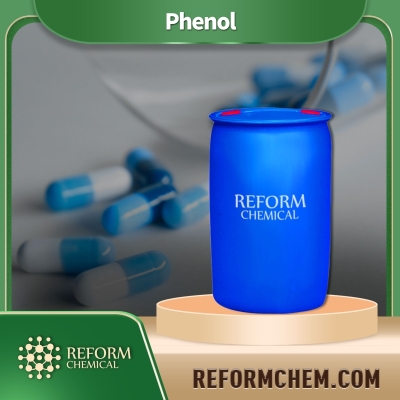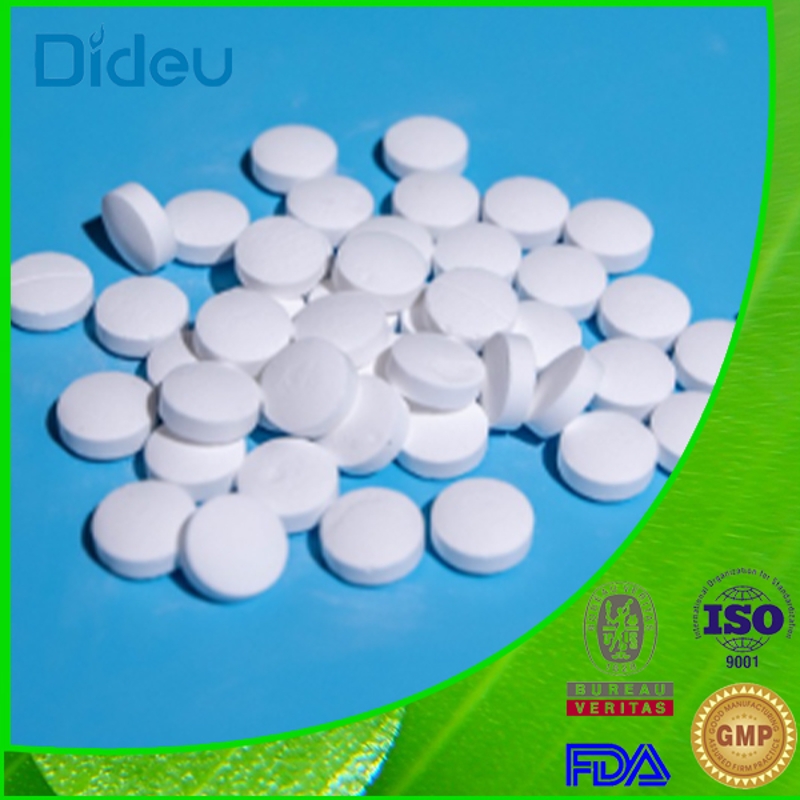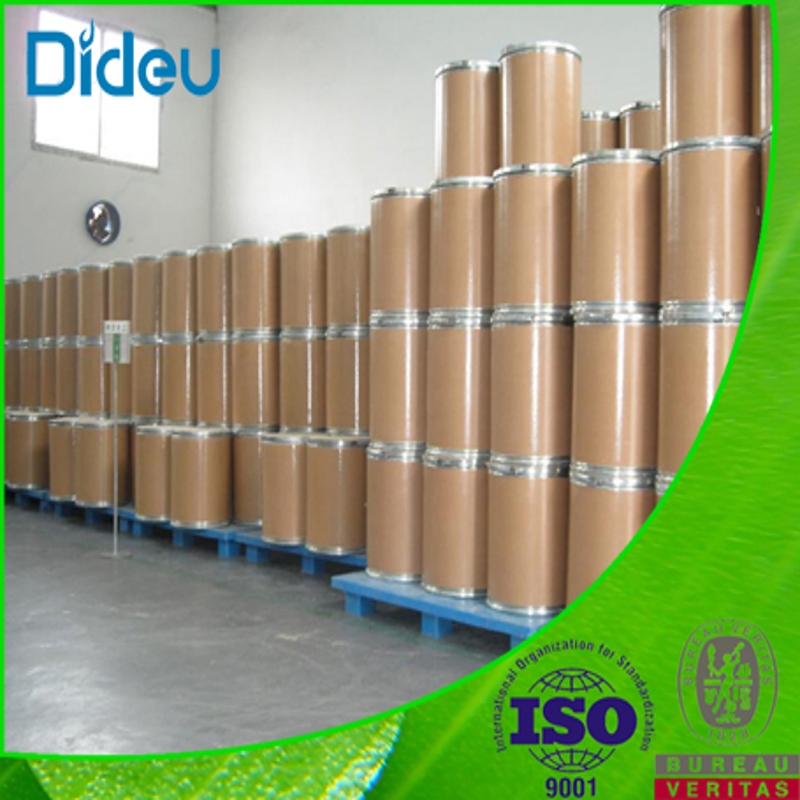-
Categories
-
Pharmaceutical Intermediates
-
Active Pharmaceutical Ingredients
-
Food Additives
- Industrial Coatings
- Agrochemicals
- Dyes and Pigments
- Surfactant
- Flavors and Fragrances
- Chemical Reagents
- Catalyst and Auxiliary
- Natural Products
- Inorganic Chemistry
-
Organic Chemistry
-
Biochemical Engineering
- Analytical Chemistry
-
Cosmetic Ingredient
- Water Treatment Chemical
-
Pharmaceutical Intermediates
Promotion
ECHEMI Mall
Wholesale
Weekly Price
Exhibition
News
-
Trade Service
On December 15, 2021, Shenzhen Third People's Hospital/National Clinical Research Center for Infectious Diseases, Jinan University, Guangdong Tuberculosis Control Center and other research teams carried out the world's first clinical study on γδ T cells in the treatment of drug-resistant tuberculosis, after three years, the research result "Allogeneic Vγ9Vδ2 T-Cell Therapy Promotes Pulmonary Lesion Repair: An.
" Open-labeled, Single-arm, Pilot Study in Patients with Multidrug-Resistant Tuberculosis" was published in the journal Frontiers in Immunology (latest impact factor 7.
561
).
The study is the first in the world to use in vitro amplified allogeneic Vγ9Vδ2 T cells for the treatment of patients with
multidrug-resistant TB.
A total of 8 patients with MDR-TB were enrolled, seven of whom received both allogeneic Vγ9Vδ2 T cell therapy and anti-tuberculosis drug therapy
.
Each patient was given 1 infusion of Vγ9Vδ2 T cells every 2 weeks, with 1×108 cells infused for a total of 12 courses and followed up for 6 months (Figure 1).
The eighth patient initially received only 4 courses of cell infusion, followed by 8 courses of cell therapy and anti-tuberculosis drugs, followed for 6 months
.
The safety and efficacy
of cell therapy were evaluated from the aspects of clinical response, blood routine, biochemical indexes, chest CT images, immune cell surface markers, body weight and mycobacterium sputum detection.
A total of 96 cell transfusions were performed in 8 patients without any adverse reactions, indicating that allogeneic Vγ9Vδ2 T cell therapy has a good safety profile
.
At the same time, the results of chest CT showed that the lung lesions of all patients were significantly reduced, and the immune function assessment showed that the patient's immune function was also partially improved, and 7 patients had tested negative for tuberculosis for 3 consecutive times before the end of the course of treatment, and the cure rate was as high as 87.
5%.
This single-arm, single-center clinical preliminary study opens a new avenue for drug-resistant TB treatment, demonstrating that allogeneic Vγ9Vδ2 T cells can be used as novel drugs for tuberculosis immunotherapy, providing a new option
for the treatment of drug-resistant tuberculosis worldwide.
Figure 1.
Clinical design workflow for gamma delta T cells for drug-resistant tuberculosis
The research work was supported
by the National Key Research and Development Program of China, the National Natural Science Foundation of China, the Science and Technology Plan of Guangdong Province, and the Science and Technology Plan of Shenzhen Municipality.
The paper link is:
https://doi.
org/10.
3389/fimmu.
2021.
756495







